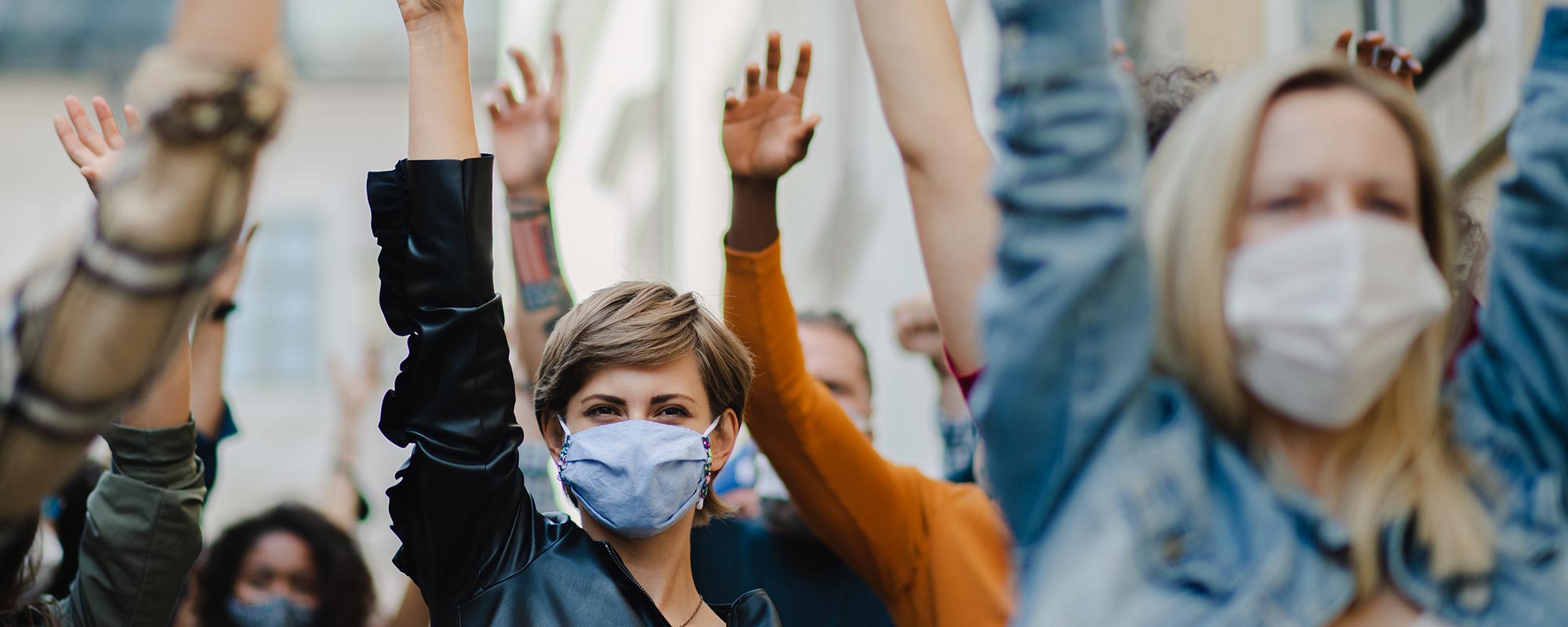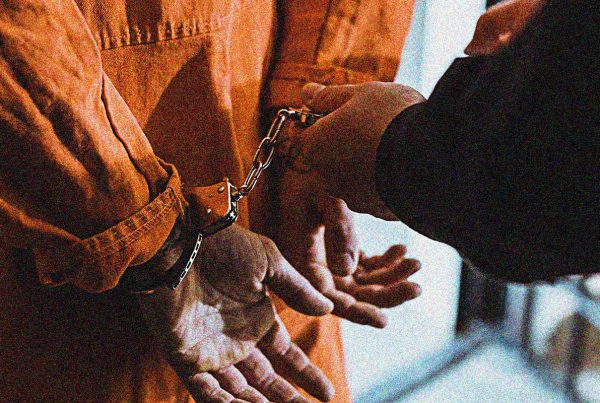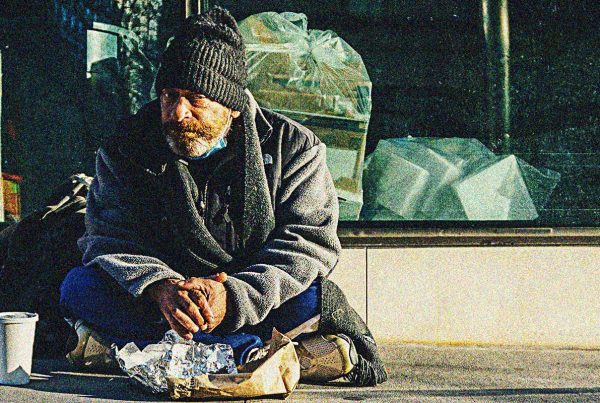On May 11, 2021, Canadian Civil Liberties Association and the Policing the Pandemic Mapping Project released a new report examining the policing of COVID-19 orders in Canada between September 2020 and March 2021. The report, COVID-19 and Law Enforcement in Canada: The Second Wave, examines the use of coercive fines and law enforcement to respond to a public health crisis.
Our new report finds that, during the second wave of COVID-19, many jurisdictions where there had previously been limited forms of COVID-19 enforcement, issued an increasing number of punitive fines. In many parts of the country, political leaders have continued to focus on punitive enforcement even as the social inequities driving the spread of this pandemic, and the specific challenges racialized and lower income communities are facing in accessing health services, became ever clearer.
We were able to obtain comprehensive data documenting the number of tickets issued for alleged violations of COVID-19 related laws in five jurisdictions: British Columbia, Manitoba, Ontario, Quebec, and Nova Scotia. The data shows that reliance on punitive fines increased in most jurisdictions studied. Quebec and Manitoba were the most punitive of the five jurisdictions, where detailed enforcement statistics were available. You can read a quick summary of the data in each jurisdiction in our fact sheet, By the Numbers: The Second Wave of COVID-19 Law Enforcement in Canada.
The situation in Quebec is particularly concerning. Quebec has some of the most repressive COVID-19 orders, including a province-wide curfew that has been in effect for months, even over the months when the province’s COVID-19 infection rates were declining. Ticketing in the province increased exponentially between October 2020 and March 2021, reaching a high of 3,309 fines in March 2021. In April 2021, Quebec law enforcement officers gave a total of 5,060 fines; since the outset of the pandemic, the province has issued over 16,000 COVID-19 tickets, totalling more than $24 million in fines.
Relying on punitive law enforcement measures tends to disproportionately harm those communities – including Black people and members of other racialized communities, Indigenous persons, those experiencing homelessness, mental health challenges, and addiction – that are already subject to disproportionate and harmful policing practices. Studies from other national jurisdictions that collect and release race-based data on police responses to COVID-19 have largely affirmed that pre-existing discriminatory policing patterns are also reflected in COVID-19 enforcement. Although anecdotal, in our June 2020 report on COVID-19 and law enforcement, Stay off the Grass, we highlighted numerous concerning incidents of COVID-related stops and ticketing related by racialized individuals, recent immigrants, same sex couples, elderly people, and persons experiencing homelessness.
Relying heavily on punitive fines and policing is also of questionable efficacy from a public health perspective. Trying to punish people into complying with broad, confusing and vague laws is unlikely to have any meaningful impact on behaviour and tends to push marginalized populations further from the services and supports that they need.
As Canadian governments move to tackle a third and by all accounts more difficult wave of the COVID-19 pandemic, we urge them to remain focused on evidence-based public health policy interventions such as community supports, paid sick leave, and education, rather than punitive enforcement measures. We cannot police our way out of this pandemic.
- Read the May 2021 report, “COVID-19 and Law Enforcement in Canada: The Second Wave”
- Voir le sommaire exécutif ici
- Read the press release
- Download the fact sheet “By the Numbers: The Second Wave of COVID-19 Law Enforcement in Canada”
- Read more about our June 2020 report on COVID-19 and law enforcement during the first wave of COVID-19, “Stay off the Grass: COVID-19 and law enforcement in Canada”
About the Canadian Civil Liberties Association
The CCLA is an independent, non-profit organization with supporters from across the country. Founded in 1964, the CCLA is a national human rights organization committed to defending the rights, dignity, safety, and freedoms of all people in Canada.
For the Media
For further comments, please contact us at media@ccla.org.





